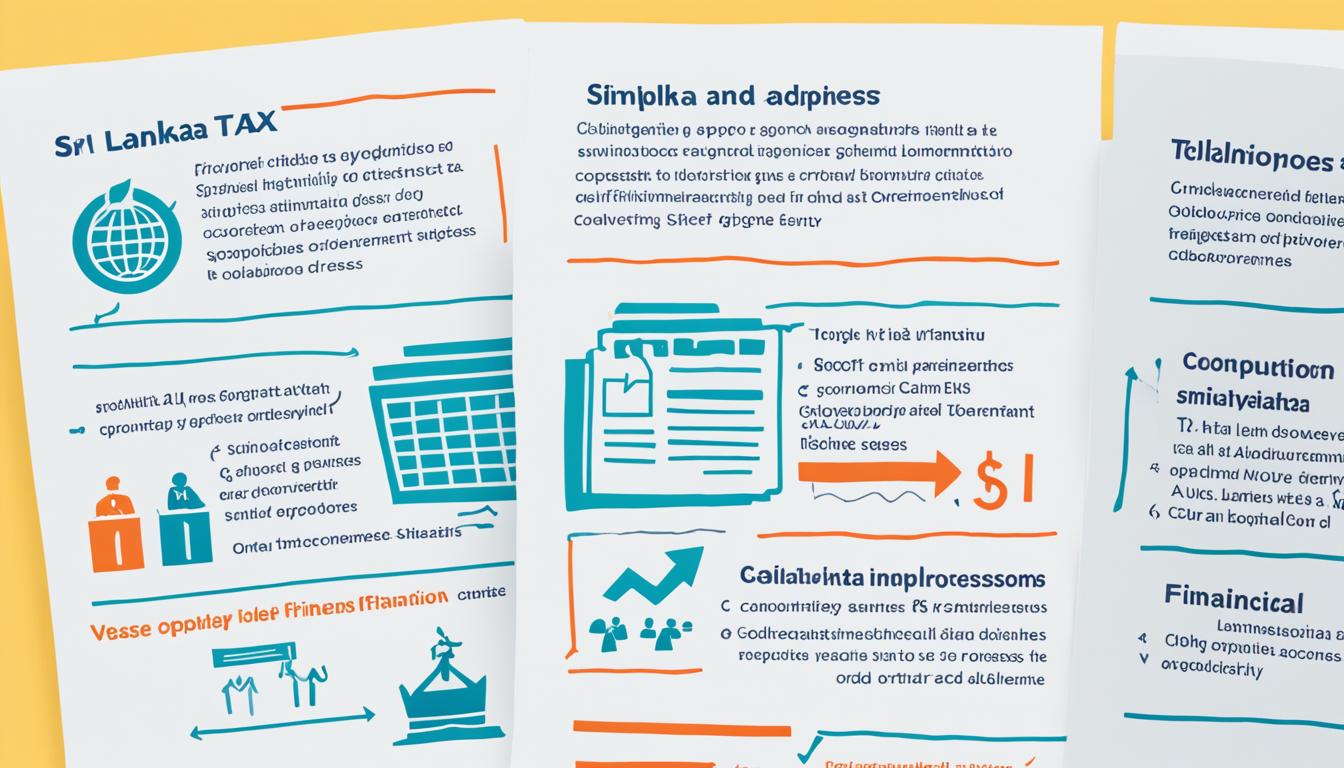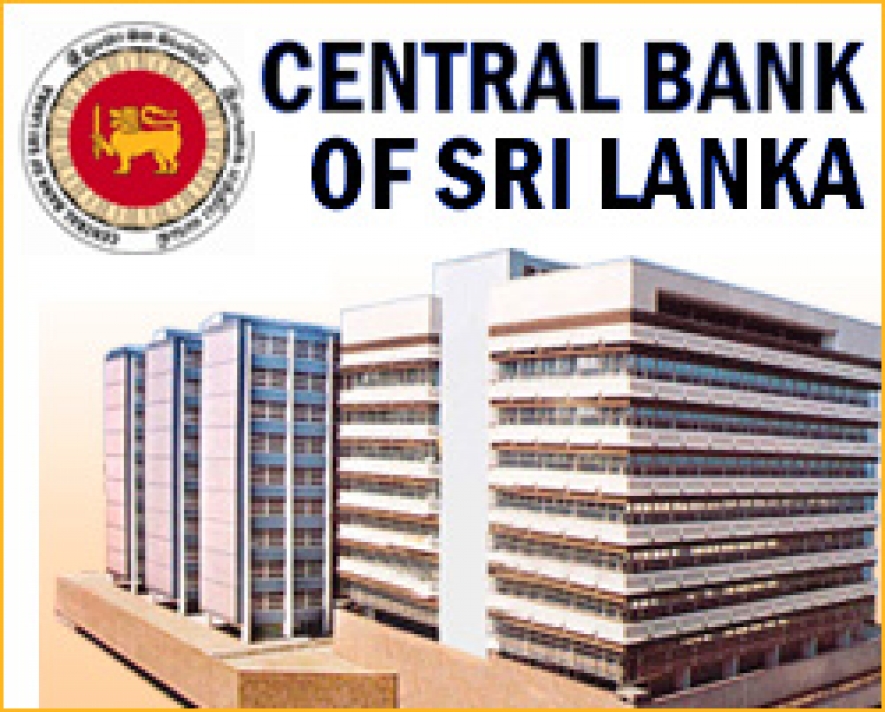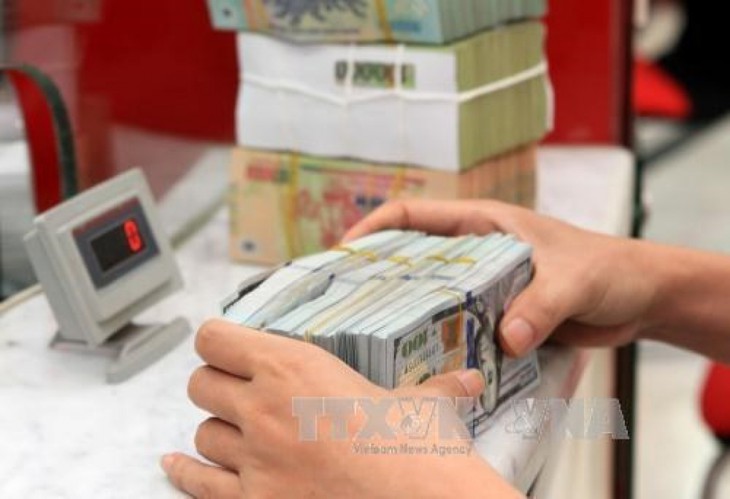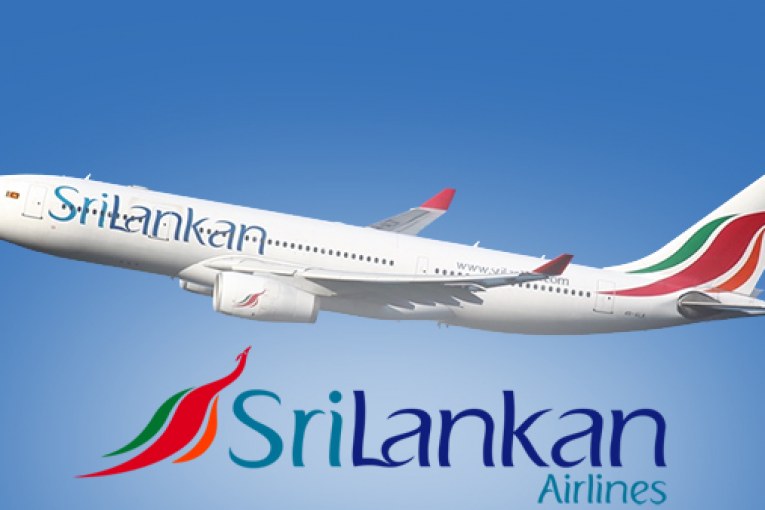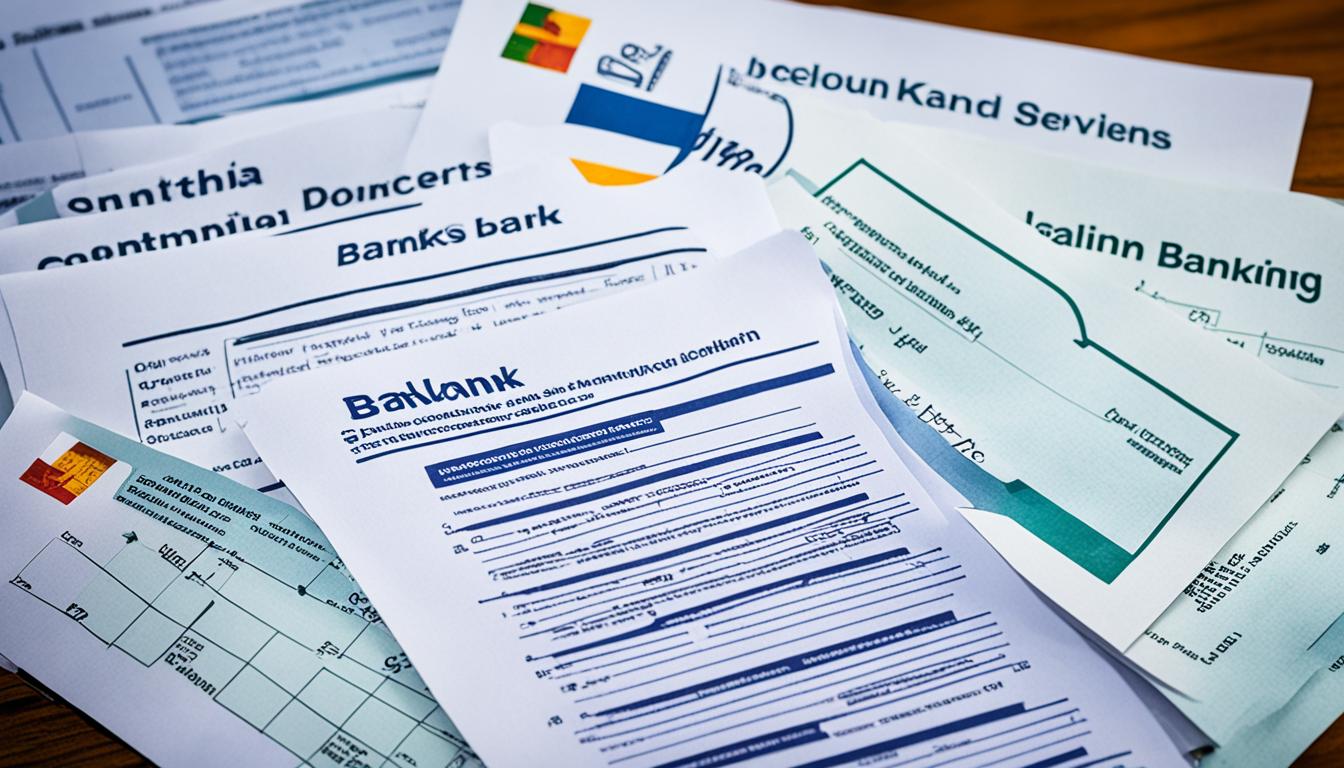The fiscal landscape of Sri Lanka is approaching a significant shift, with VAT implementation in Sri Lanka standing at the forefront of modernizing the nation’s tax regime. Amid broader Sri Lankan tax reform, transitioning towards a system bolstered by Value Added Tax (VAT) is pivotal. Eyes are set on fostering economic recovery through taxation, and implementing VAT is regarded as a cornerstone for forging fiscal stability and VAT related measures.
VAT’s comprehensive design, in which tax is levied at each stage of the supply chain, paves the way for a more equitable and widespread distribution of tax obligations. Coupled with a necessity for an improved tax-to-GDP ratio, this VAT benefits for Sri Lanka by promising a sustainable source of public funds, encouraging fiscal discipline, and securing resources needed for public services and infrastructure development.
The adjustments envisaged for January 2024 strive to balance the immediate need for revenue against long-term economic prosperity, an undertaking crucial for the resilience and growth of Sri Lanka’s economy.
Key Takeaways
- Forthcoming VAT policies are essential for Sri Lanka’s tax structure modernization.
- Introducing VAT holds the potential to increase the low tax-to-GDP ratio, critical for fiscal stability.
- VAT extends across various transaction stages, promoting fairness in taxation.
- The shift to VAT is a strategy aimed at ensuring economic recovery and sustainable growth.
- Transparency and meticulous fiscal management will be key in gaining public trust.
- Careful planning is required to balance revenue enhancement with economic dynamism.
The Pressing Need for VAT Implementation in Sri Lanka’s Economy
Amidst the economic crisis in Sri Lanka, the introduction of an effective tax system has grown imperative for the nation’s recovery. Value Added Tax (VAT), with its extensive reach across several stages of production and distribution, stands out as a beacon of hope for bolstering the economy. Through strategic implementation of VAT, the government can create a lifeline for the country, leveraging VAT’s significance to initiate tax revenue growth and instill sustainable fiscal policies essential for Sri Lankan economic development.
The Role of VAT in Addressing Economic Challenges
The very fabric of Sri Lanka’s fiscal strategy is entwined with the adoption of VAT, whose role extends beyond mere tax collection. It represents a mechanism for systemic change, promising to stabilize a rocky economic tableau. Injecting much-needed transparency and accountability, VAT is pivotal in curbing the shadow economy and ensuring a fair distribution of the tax burden, which is crucial during an economic downturn.
Implications of a Low Tax-to-GDP Ratio for Development
The current low tax-to-GDP ratio poses a substantial threat to the country’s progression. It symbolizes a stark reality—a developmental hindrance that VAT can potentially rectify. By expanding the tax base and ensuring compliance, VAT emerges as a cornerstone for growth, opening avenues for increased public investments and better societal services that direct the nation toward prosperity.
Understanding the Impact of the VAT Increase on Revenue Growth
The elevation of VAT rates to 18 percent is not a mere augmentation in figures; it is a strategic economic decision aimed at sustaining the treasury. The correlation between this rate hike and tax revenue growth is significant, intending to supply a continuous stream of revenue that can navigate Sri Lanka out of distress, positioning it onto a pathway towards growth and recovery.
- VAT as an instrument for equitable tax distribution and economic stabilization.
- The critical need for enhancing the tax-to-GDP ratio for societal advancement.
- Earmarking VAT-generated funds for necessary infrastructure and public services.
Leveraging VAT’s introduction will prove to be a judicious move amid the financial turmoil. As a fiscal lever, its careful calibration ensures not just survival but paves the way for the resilient and progressive economic health of Sri Lanka.
What it takes to convince Sri Lanka of Value Added Tax!
Fostering VAT acceptance in Sri Lanka necessitates a concerted effort to educate and build public trust in tax policy. Transparency is the cornerstone of acceptance—citizens must see firsthand that their contributions to value-added tax are funneled towards the nation’s growth and not squandered.
VAT education and outreach efforts are crucial to dispel myths and present facts about the value-added tax system. Authorities need to create clear and simple explanations about how VAT works, its benefits, and its exemptions, such as those for critical healthcare supplies.
To further instill tax responsibility and compliance, a robust system to detect and deter tax evasion is essential. Part of the public’s resistance to new tax policies comes from a concern that others may not be paying their fair share. A fair enforcement mechanism is crucial for equitable value added tax transparency.
- Implementing transparent reporting systems so every citizen can track how their taxes are being utilized.
- Conducting regular public seminars and workshops to educate taxpayers on their rights and responsibilities.
- Cracking down on avoidance schemes to showcase the government’s commitment to fairness.
Only when the citizens feel assured that their VAT contributions are a part of a fair and transparent tax system, can the nation collectively move towards a financially stable future, with tax responsibility and compliance at its core.
Striking an Economic Balance: Addressing the Concerns Surrounding VAT Hikes
At the heart of Sri Lanka’s tax reform is the challenge of balancing taxation and economic growth, a critical issue given the recent decision to augment the Value Added Tax (VAT). The government seeks to navigate the complexities of increasing necessary revenues while maintaining a climate conducive to economic expansion. An increase in VAT rates invariably engenders worries over the possible pinch on consumers’ wallets and a corresponding downturn in market activity. These VAT rate concerns draw attention to the need for precise governmental action to support the overall health of Sri Lankan public finance.
The Government’s Delicate Balancing Act between Taxation and Growth
The equilibrium that Sri Lanka must attain lies in not only fostering economic resilience through increased tax inflows but also ensuring that these measures do not stifle the individual’s spending power and business’s capacity to thrive. Policymakers are tasked with structuring tax reforms that underpin the nation’s development goals, while still encouraging private sector vitality and consumer confidence.
Countering Misinformation and Educating the Public on VAT Facts
Amid debates on fiscal policy, an informed citizenry is the bulwark against misinformation. The Sri Lankan administration has committed to dispelling unfounded fears by providing clarity on the specifics of VAT, highlighting enduring exemptions on essentials to mitigate any undue burden on ordinary Sri Lankans. This educational outreach is pivotal, equipping both consumers and businesses with the knowledge to navigate the changing financial landscape.
Combating Tax Evasion and Strengthening Public Trust
Moreover, the path to combating VAT evasion is integral to establishing a fair and functioning taxation system. Enhanced enforcement efforts alongside streamlined processes can close loopholes and discourage dishonest practices. Concurrently, the government’s zealous advocacy for transparency manifests in a rigorous scrutiny of expenditures, fostering trust that the funds accrued through taxation are being used judiciously for national development. With steadfast dedication to these principles, Sri Lanka aims to uphold a taxation strategy that is not only efficient but also equitable.
